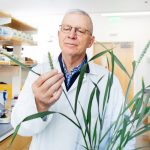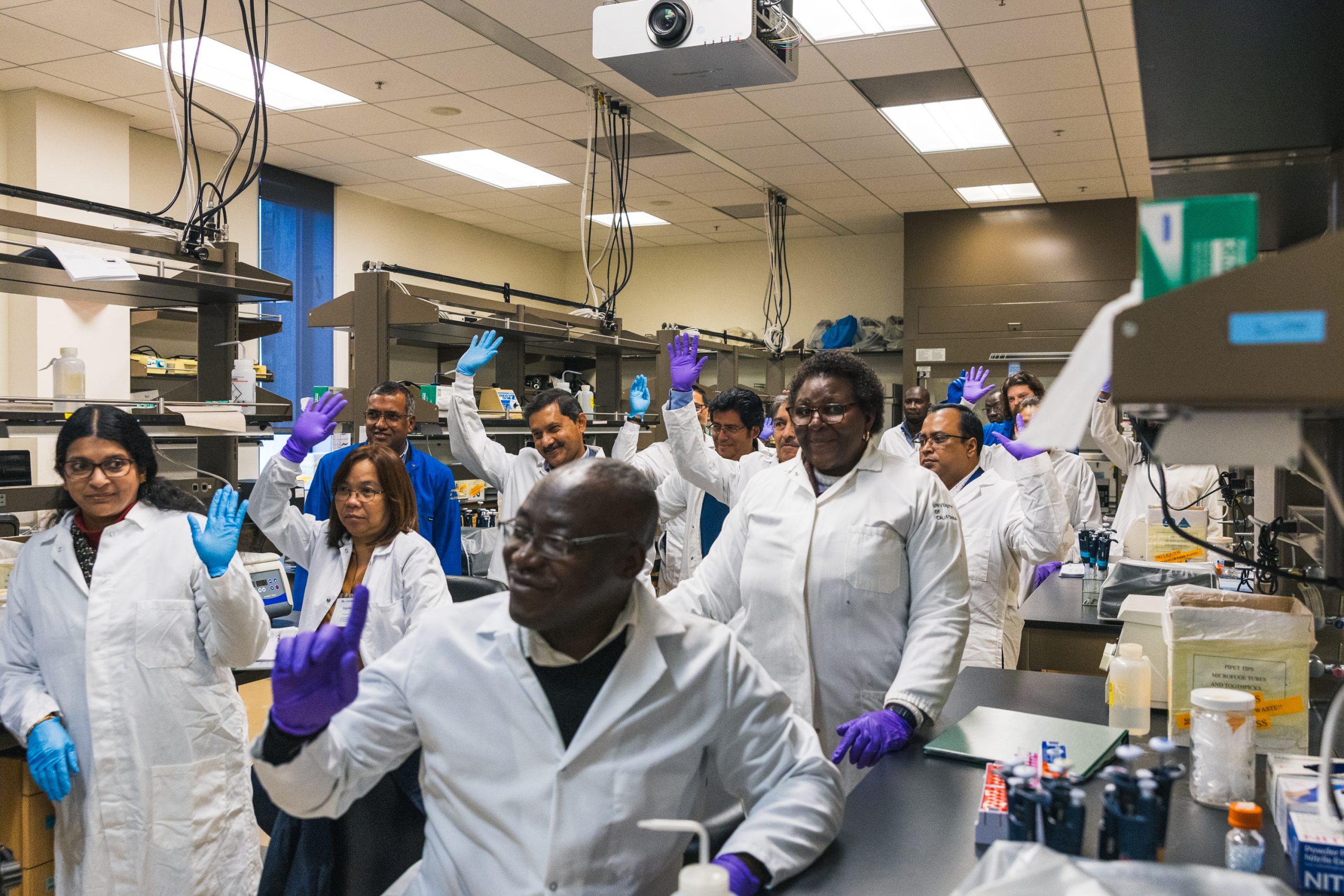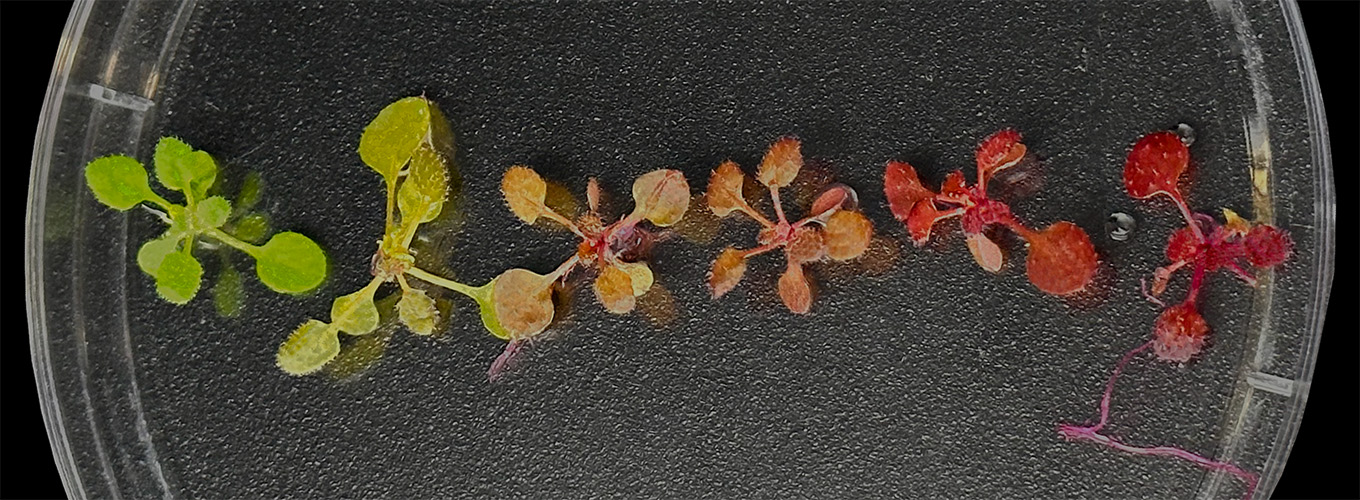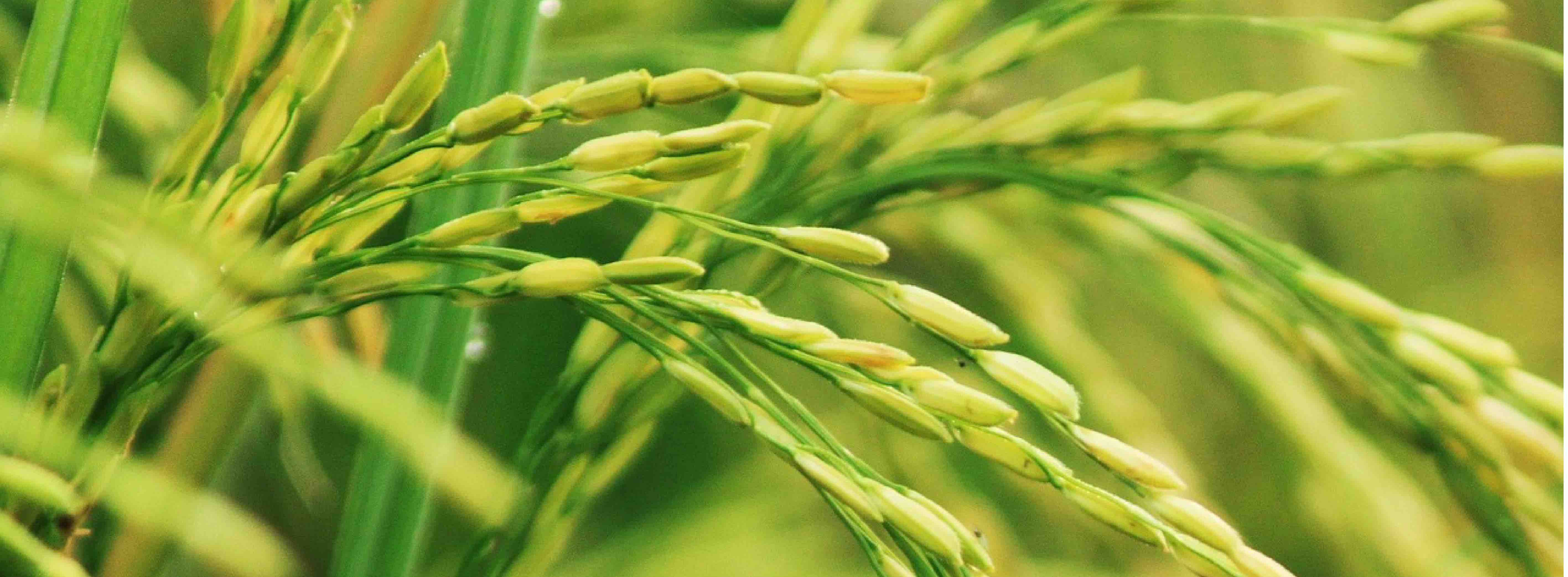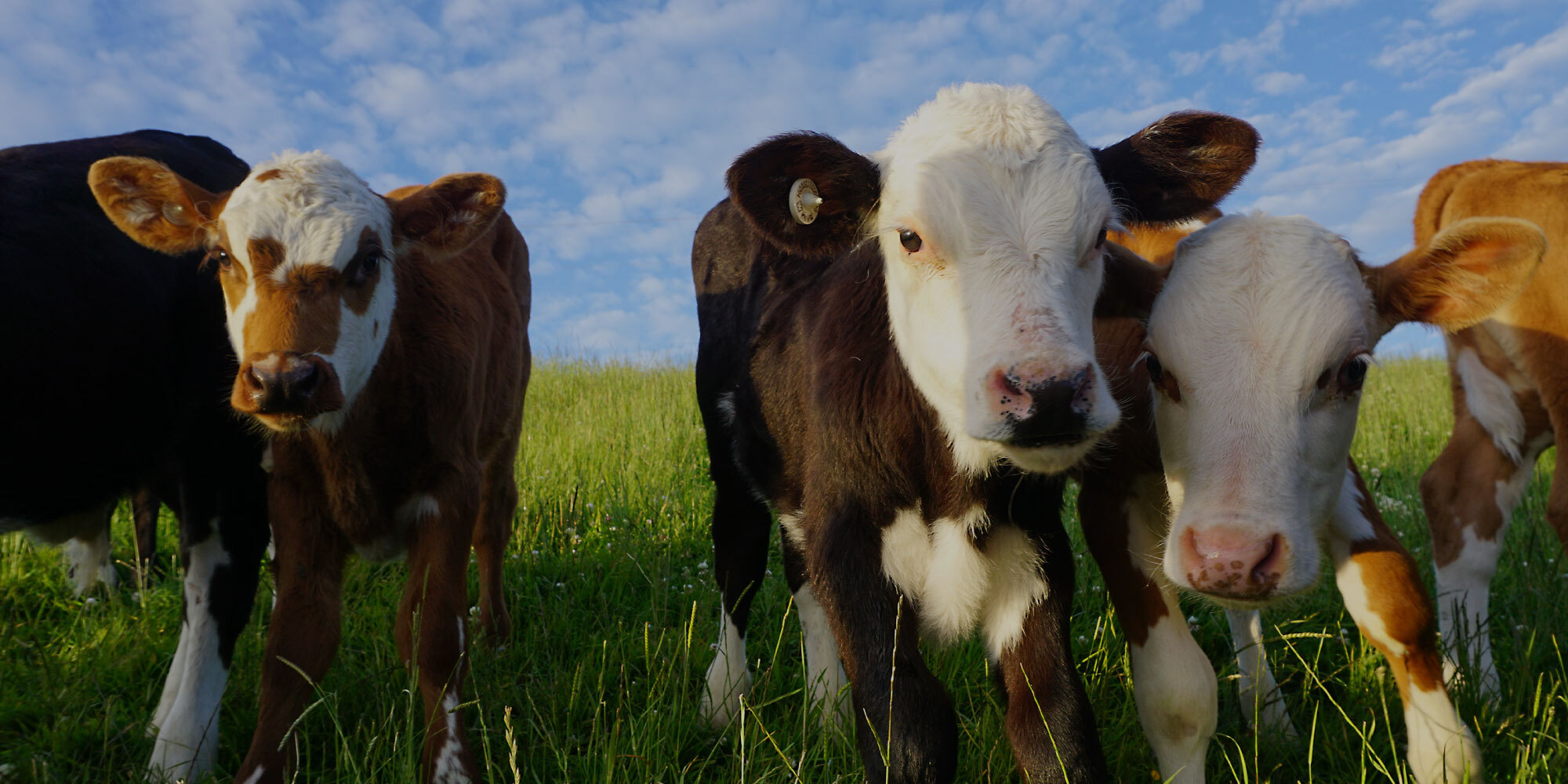Genomics
Institute
Climate and Sustainable Agriculture
Climate change, crop diseases, and hunger are intimately intertwined problems. We are using genome engineering as a tool to address all three.
We are developing and deploying genome-editing technology to capture and sequester more greenhouse gases and to develop climate-friendly agricultural solutions for farmers in developing countries. Our focus is on those most vulnerable to a changing climate, and areas in agriculture that are underdeveloped by the commercial sector.

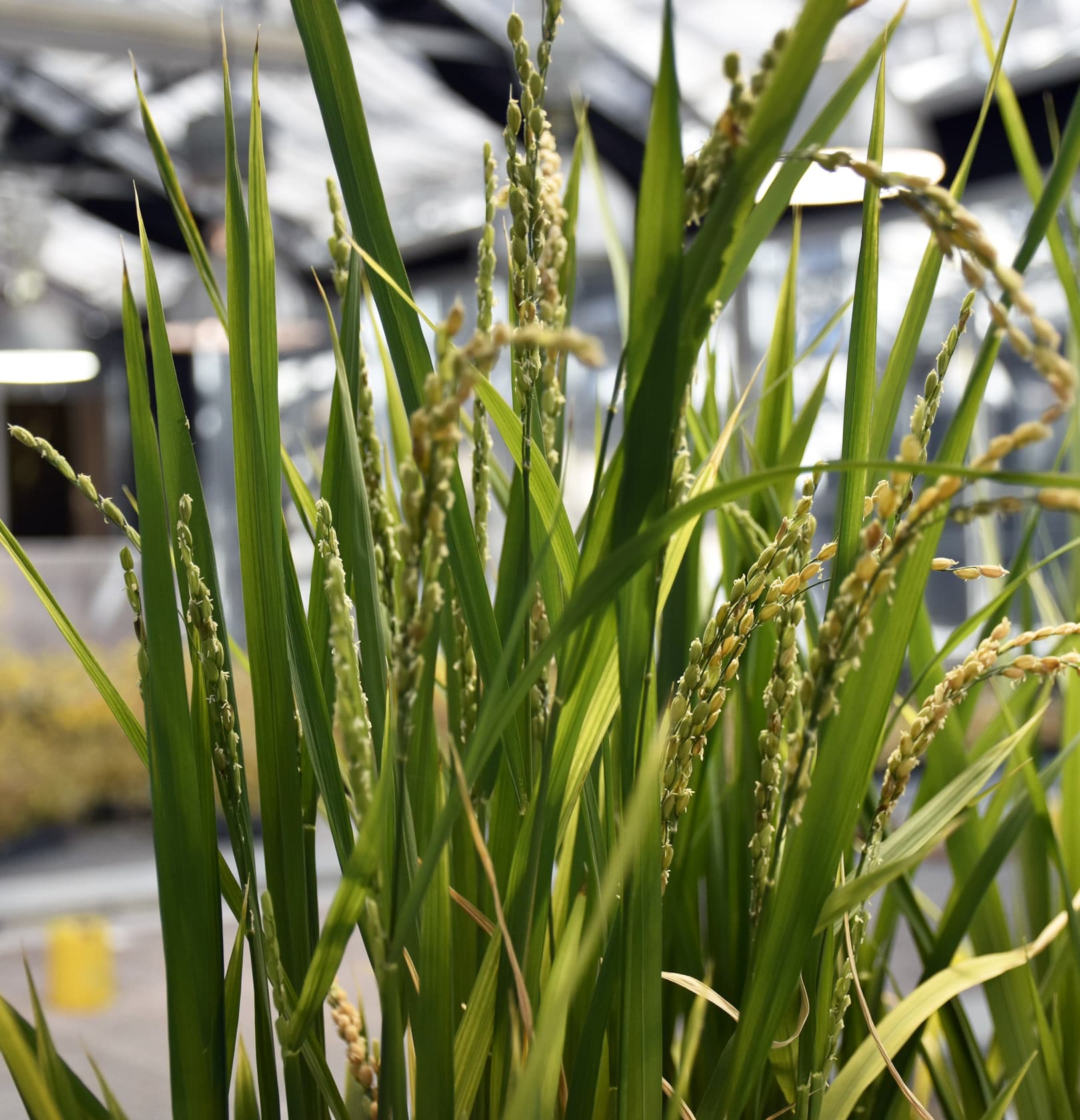
Key Goals
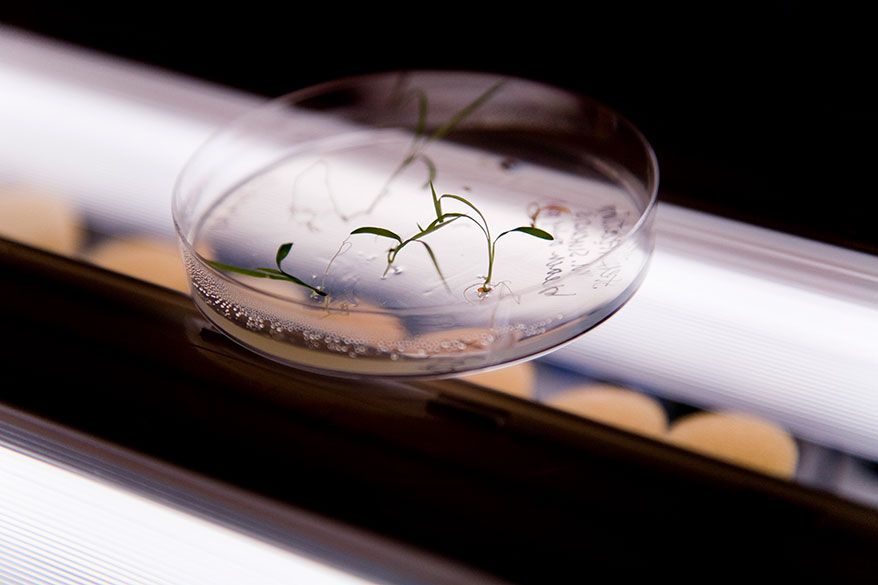
Plant Genomics & Transformation Facility
Located in the Innovative Genomics Institute Building at UC Berkeley, the Plant Genomics and Transformation Facility (PGTF) has established transformation and genome editing protocols for over 25 major crop species and collaborates with agricultural institutions around the world.
Flagship Projects
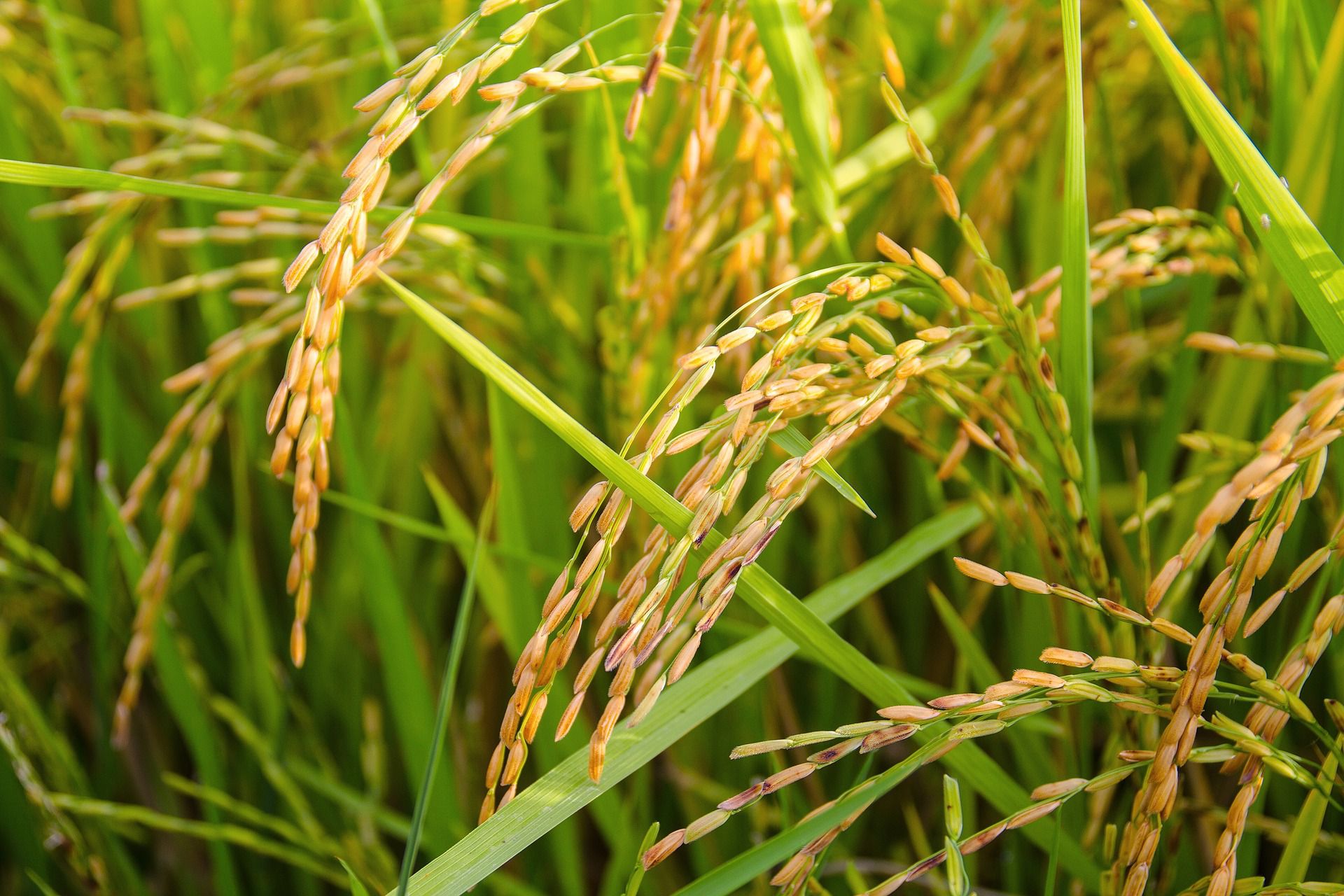
CRISPR for Climate Change
We are advancing multiple projects that apply CRISPR and genomic tools to the climate crisis.
Genome engineering can help agriculture both mitigate and adapt to climate change by enhancing the ability of plants and soils to capture atmospheric carbon, reducing emissions from livestock and soils, minimizing the need for farmer inputs, and improving the ability of crops to adapt to a changing climate.
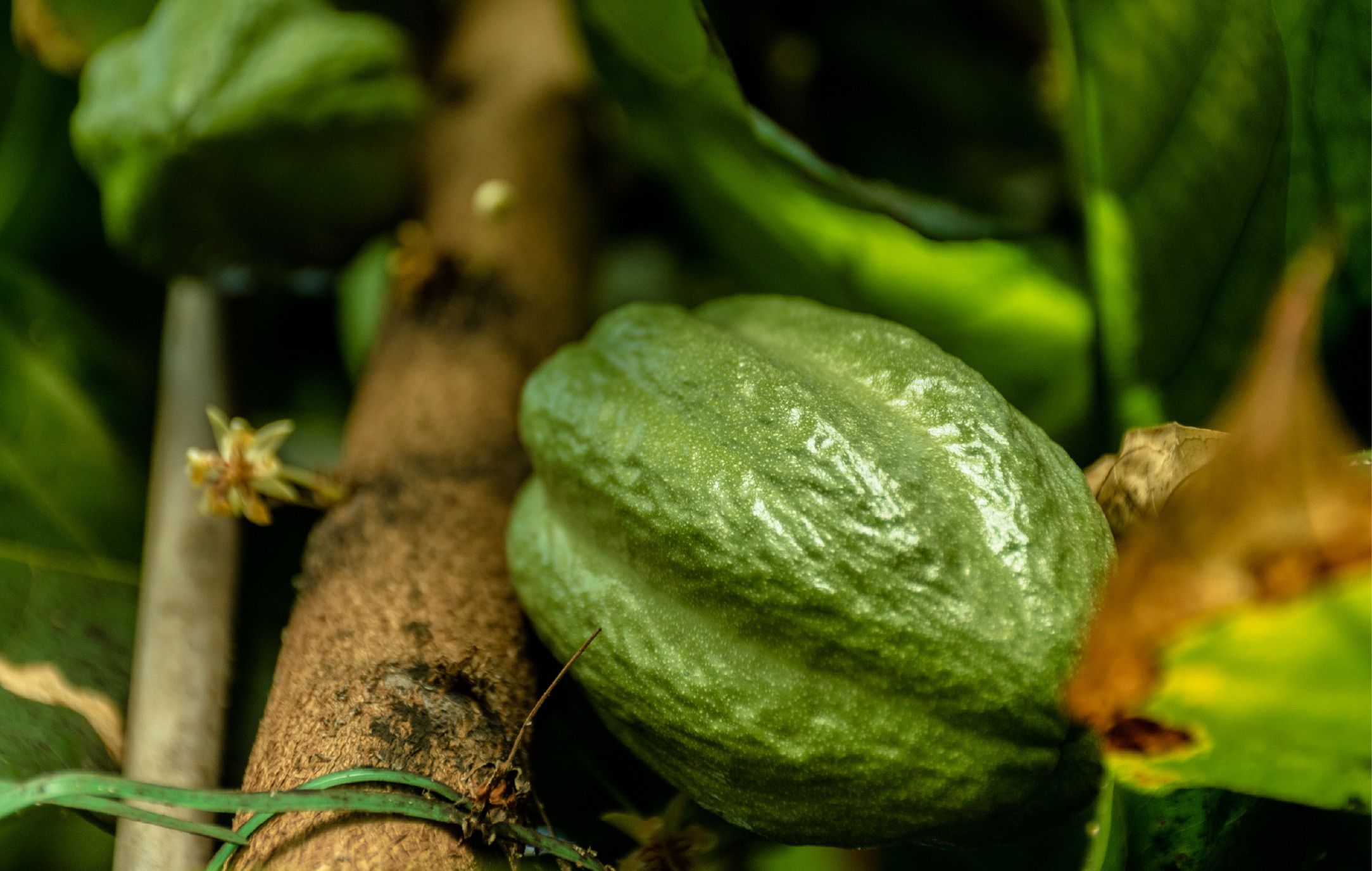
Disease-Resistant Crops
We are safeguarding important crops against dangerous pathogens.
Banana, cacao, and wheat — three of the world’s most important and beloved crops — are threatened by disease. IGI researchers are working to make them resistant to these dangerous pathogens, while developing technology that can be used more broadly to induce disease resistance in these and other important crop plants.
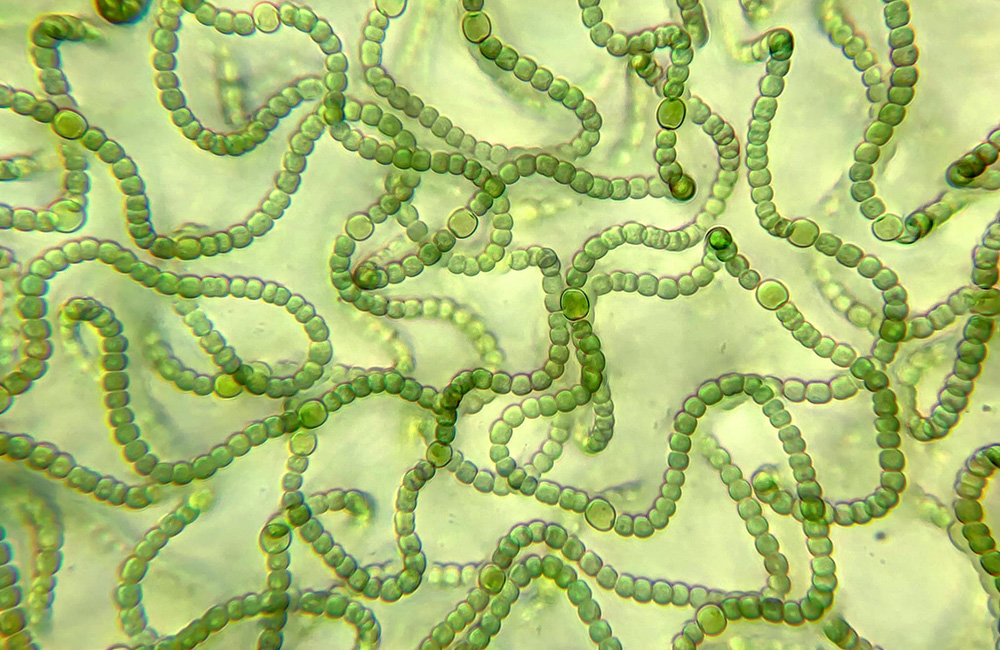
Precision Microbiome Editing
We are developing a suite of new techniques for precise control of microbiomes.
IGI researchers are developing new tools to allow targeted genome editing directly within complex microbial communities. In agriculture, this could have important impacts in soil health, reducing emissions, carbon sequestration, and more.
